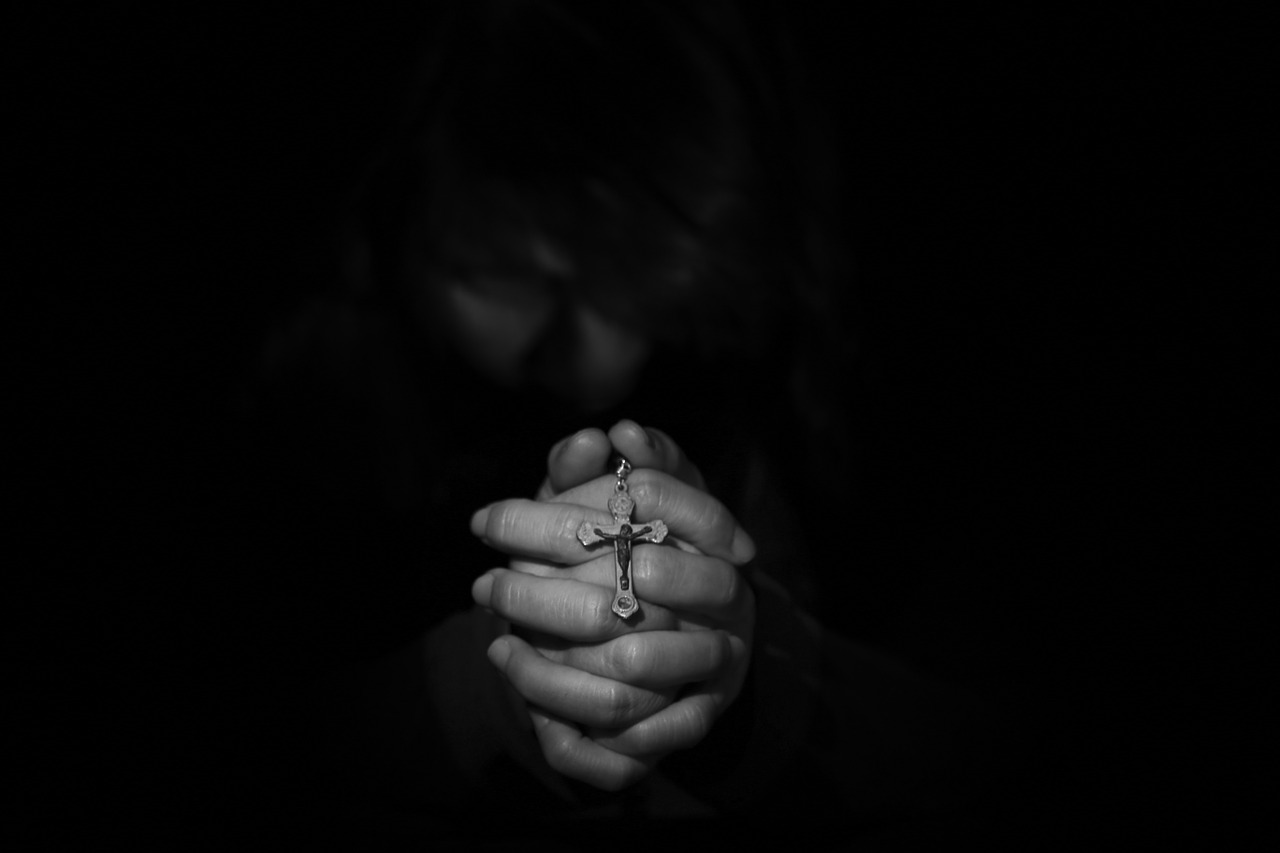
Pope Francis was recently featured in a short online video to promote his monthly prayer intention. Unfortunately, the video has given the impression that the pope is promoting religious indifferentism, and as such, it has scandalized not a few Catholics. My purpose here is not to analyze this particular video or intention, but to examine a larger question that a number of Catholics have found themselves asking in recent years:
What does it mean to pray “for the intentions of the Holy Father”?
If a pope’s stated intentions seem questionable, or even as though they are incongruous with our Catholic faith, how can we pray for them in good conscience?
As a prelude to addressing that question, we must first examine the reason why Catholics pray for the intentions of the Holy Father in the first place. The most common reason is that prayer for these intentions is almost always required in our attempts to obtain plenary indulgences. As the Baltimore Catechism says:
237 Q. What must we do to gain an indulgence? A. To gain an indulgence we must be in a state of grace and perform the works enjoined.
One of the works enjoined for plenary indulgences is to pray for the intentions of the Holy Father.
So just what are the intentions of the Holy Father? First, these include the specific monthly prayer intentions composed by the Holy Father. Fr. Thomas Kincaid, in his commentary on the Baltimore Catechism (widely known as Baltimore Catechism № 4) describes just what you are praying for when you pray for the intentions of the Holy Father:
Now, what does praying for the intention of the Pope or bishop or anyone else mean? It does not mean that you are to pray for the Pope himself, but for whatever he is praying for or wishes you to pray for. For instance, on one day the Holy Father may be praying for the success of some missions that he is establishing in pagan lands; on another, he may be praying that the enemies of the Church may not succeed in their plans against it; on another, he may be praying for the conversion of some nation, and so on; whatever he is praying for or wishes you to pray for is called his intention.
This is where many Catholics become concerned. If the pope is wishing us to pray for something that is not Catholic, or in some way harms the Church, then when we pray for the intentions of the Holy Father, it seems that we are also praying for these problematic intentions.
So if a Catholic can’t in good, well-formed conscience support a particular intention of the Holy Father, is that it? Does this mean that such a Catholic cannot obtain a plenary indulgence until such time as the pope stops having problematic prayer intentions?
I don’t think so, for several reasons.
First and foremost, the Church cannot enjoin us to do evil. Yet for centuries, she has enjoined us in many magisterial teachings to make a blanket prayer for the intentions of the Holy Father in order to obtain a plenary indulgence. It follows that making such a blanket prayer cannot be a material contribution to evil on our part.
Second, when you pray generically for the intentions of the Holy Father, we know that four specific, objective intentions are prayed for every time. From the Raccolta, a collection of indulgences that used to be published by the Sacred Congregation of Indulgences:
23. The Pope’s intention always includes the following objects:
i. The progress of the Faith and triumph of the Church.
ii. Peace and union among Christian Princes and Rulers.
iii. The conversion of sinners.
iv. The uprooting of heresy.
Whenever you pray for the pope’s intentions, you are praying for these extremely Catholic intentions. You are even praying for these intentions if you are praying in the sede vacante period between different papal reigns.
Finally, God is in charge. He knows that we intend only good when we follow the teaching of the Church to pray for the pope’s intentions. If His Church tells us to pray for the intentions of the pope, and the pope then fails to live up to his office in that regard, the responsibility for that rests with the pope creating those intentions, not with us.
Despite our misgivings, I believe that we can with confidence pray an Our Father, a Hail Mary, and a Glory Be for the intentions of the Holy Father whenever this is required of us. We should do what the Church enjoins us to do to receive a plenary indulgence. If we do this with faith, and unite our will to God’s, only good can come of it.


